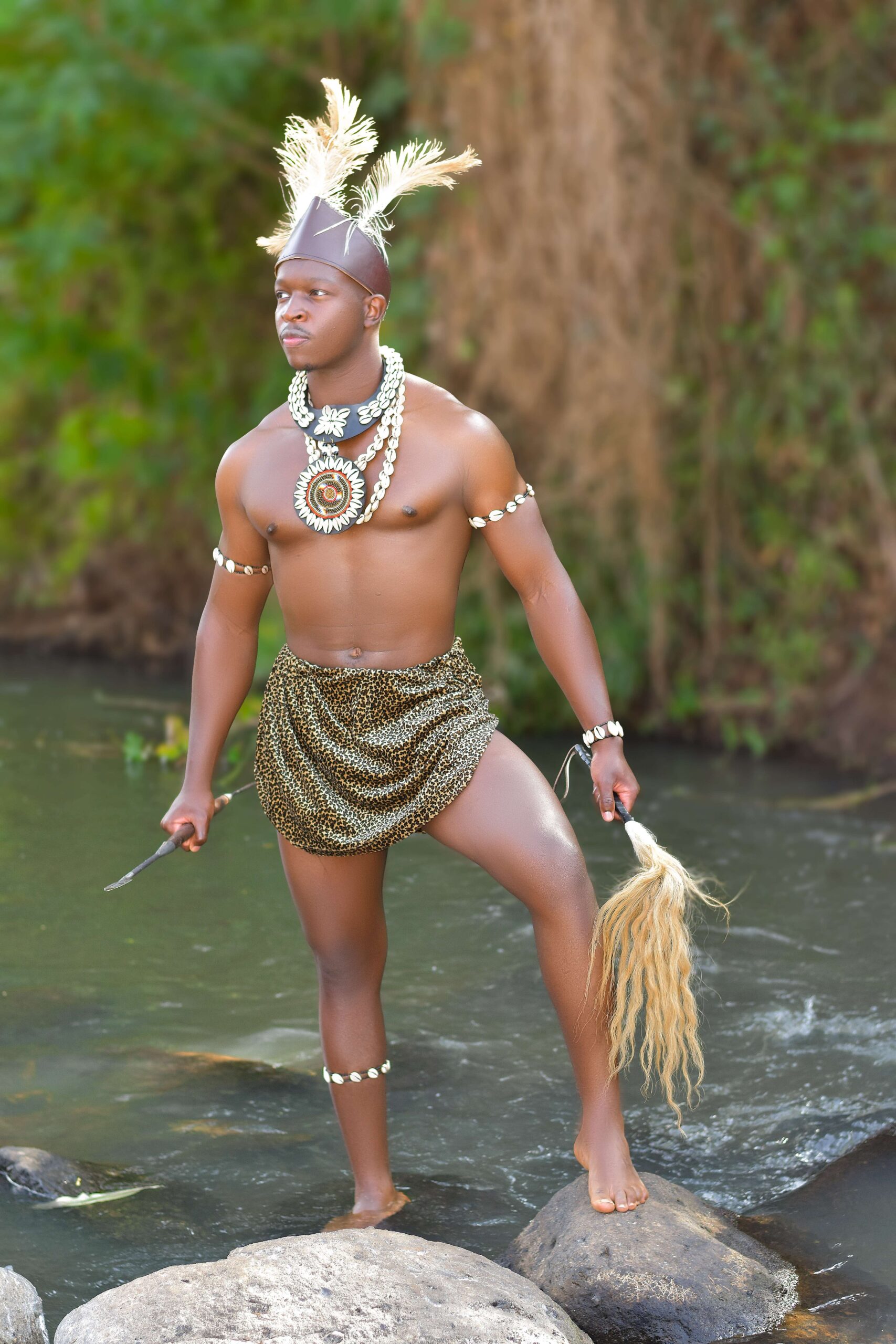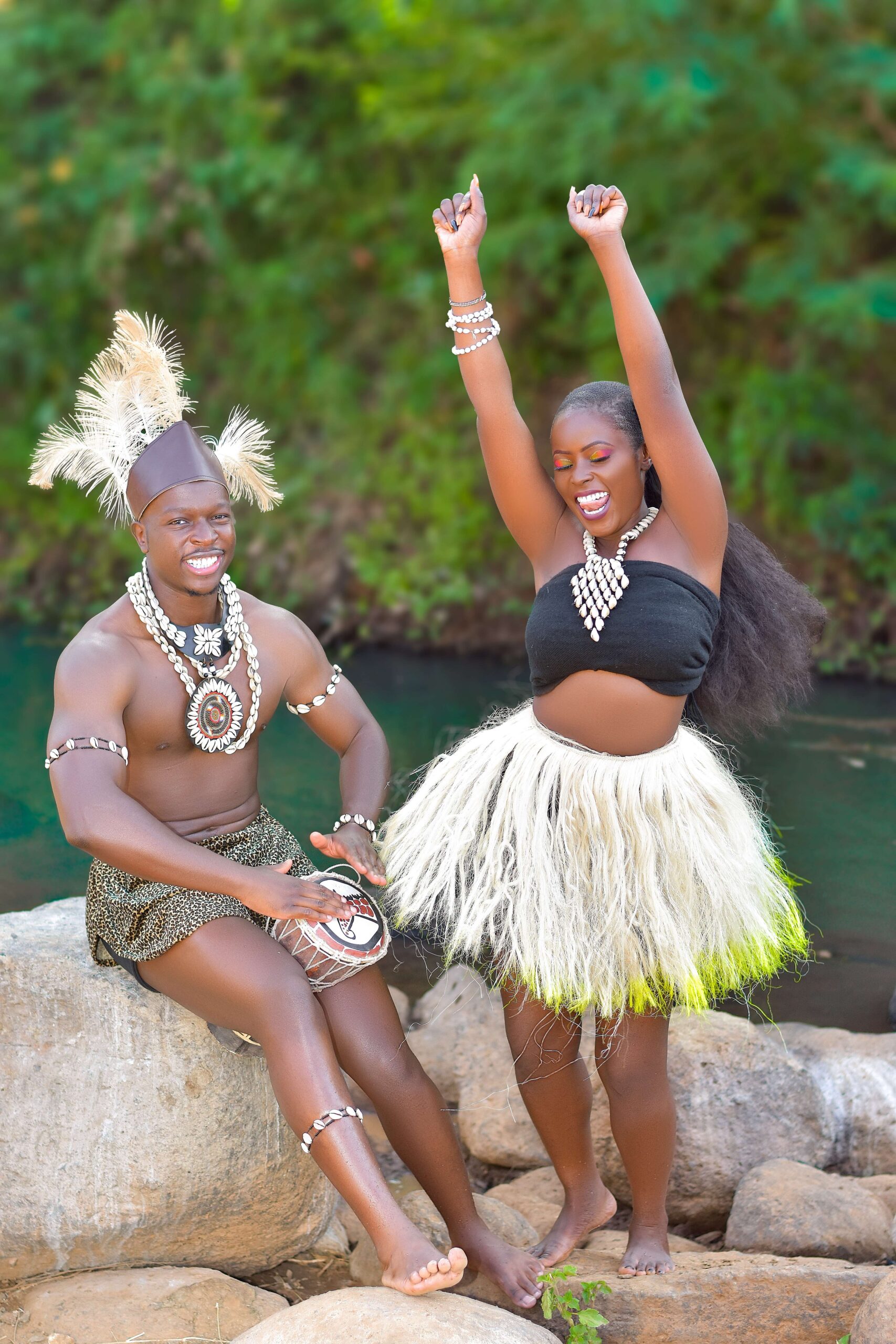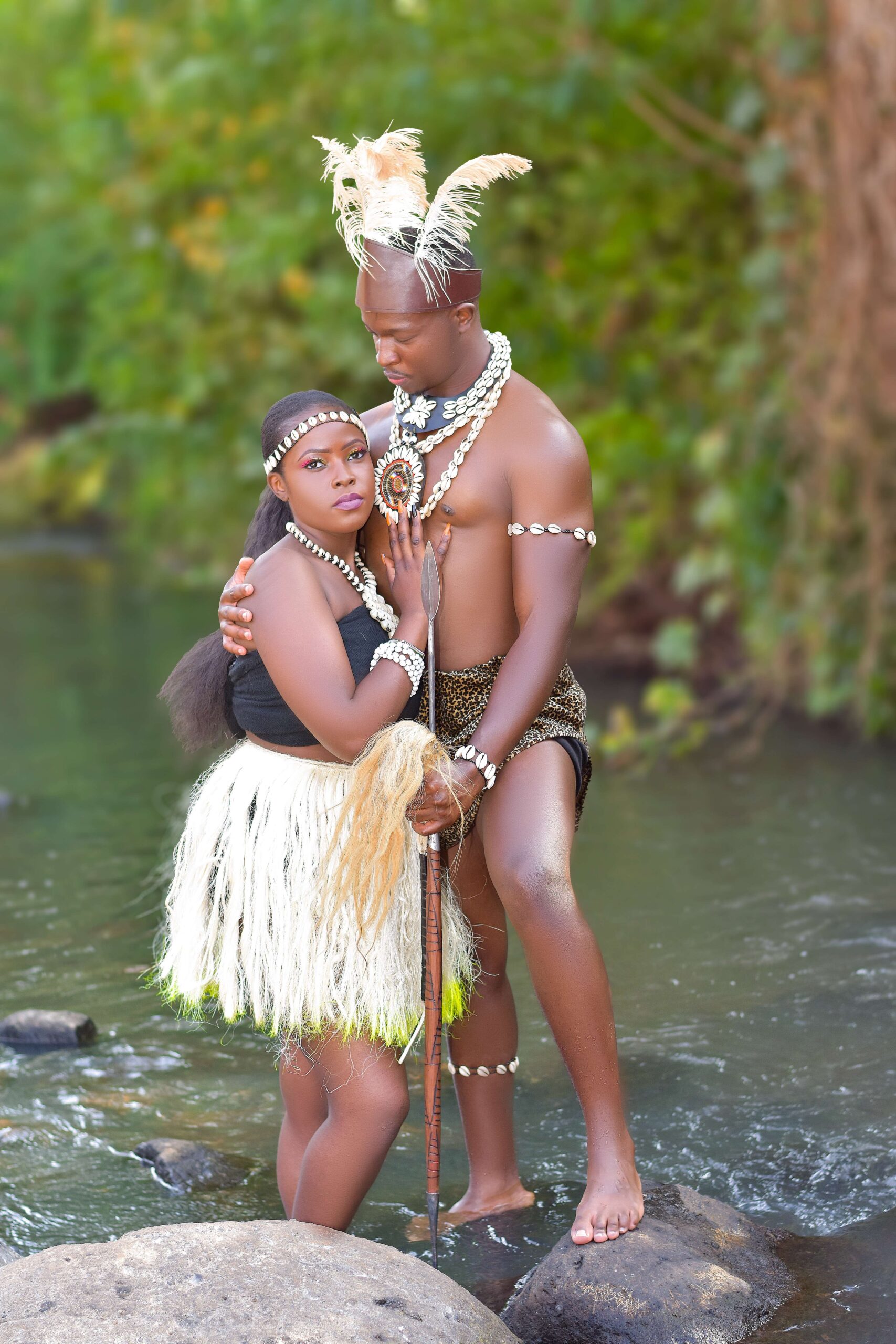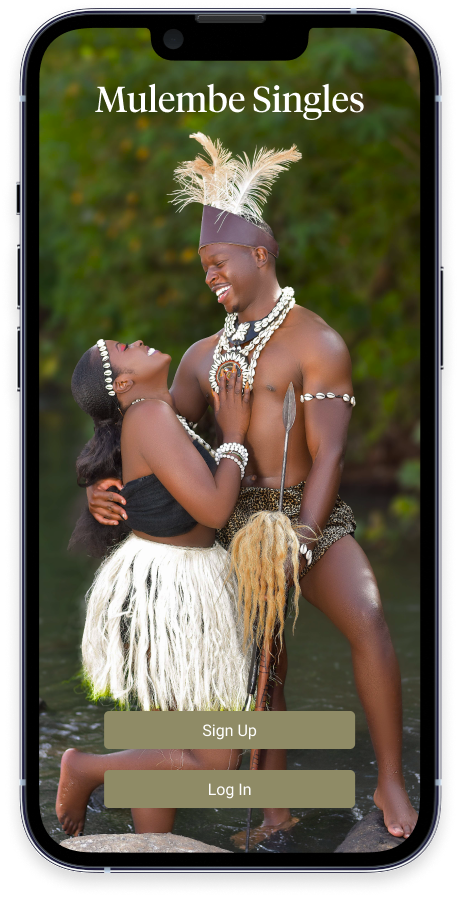The Luhya also known as “the mulembe nation” comprise a number of ethnic groups native to western Kenya. The Luhya are interchangeably the second-largest ethnic group in Kenya, after the Kikuyu. The Luhya belong to the larger linguistic stock known as the Bantu that comprise 20 culturally and linguistically related sub-groups with different but mutually understood linguistic dialects. Some of these subgroups are Ababukusu, Abanyala, Abatachoni, Avalogoli, Abamarama, Abaidakho, Abaisukha, Abatiriki, Abakisa, Abamarachi, and Abasamia.
The Luhya people make their home mainly in the western part of Kenya. Although most Luhya live in western Kenya, especially in the rural areas, an increasingly large number of Luhya have migrated to major urban centers such as Nairobi in search of employment and educational opportunities. About 900,000 Luhya people live outside of Western province. This is about 30% of the total Luhya population.
Among the Luhya, people take a keen interest in one another’s affairs. Shaking hands is a very common form of greeting, and for people who are meeting for the first time in a long while, the handshake will involve not just the clasping of hands, but also a vigorous jerking of the arm.











